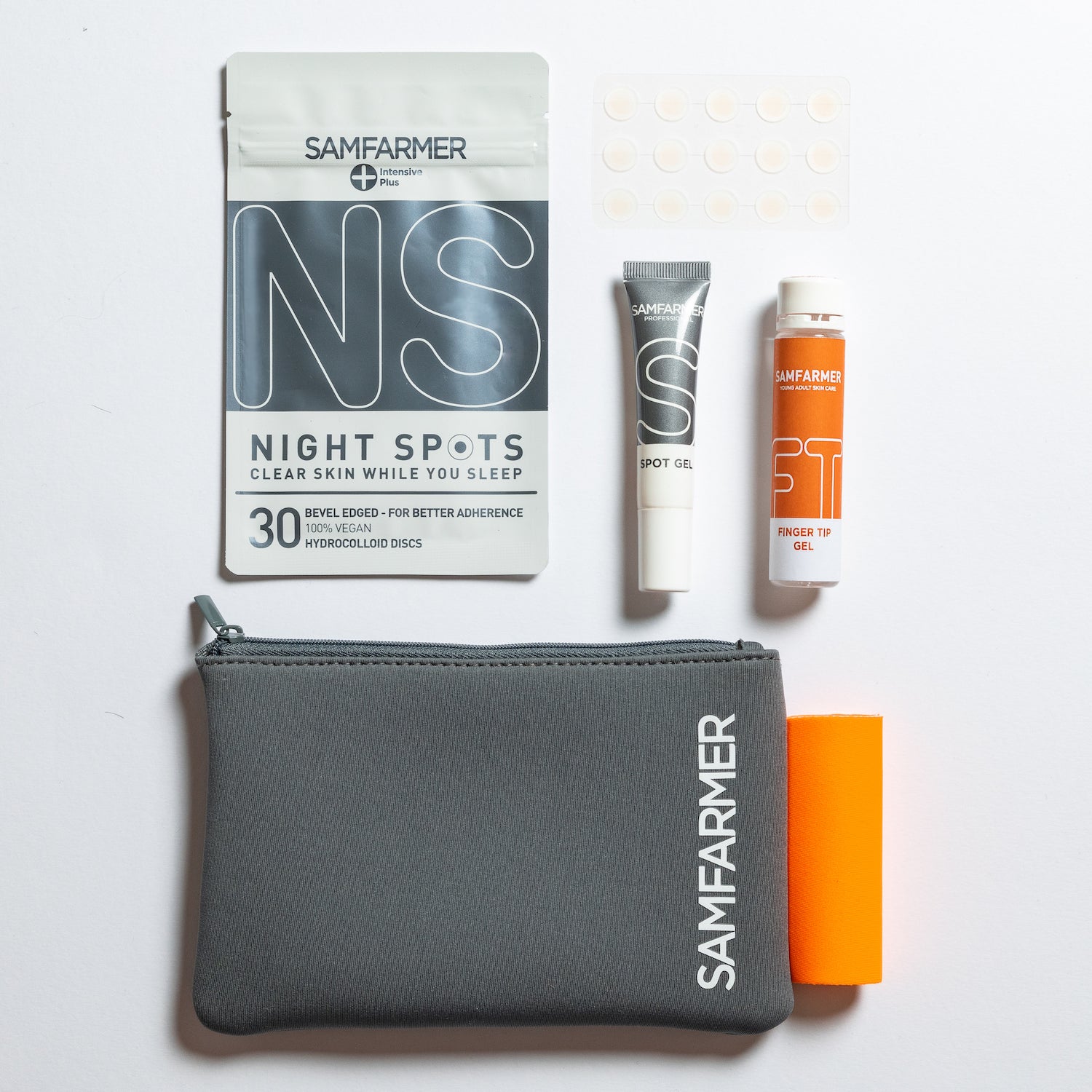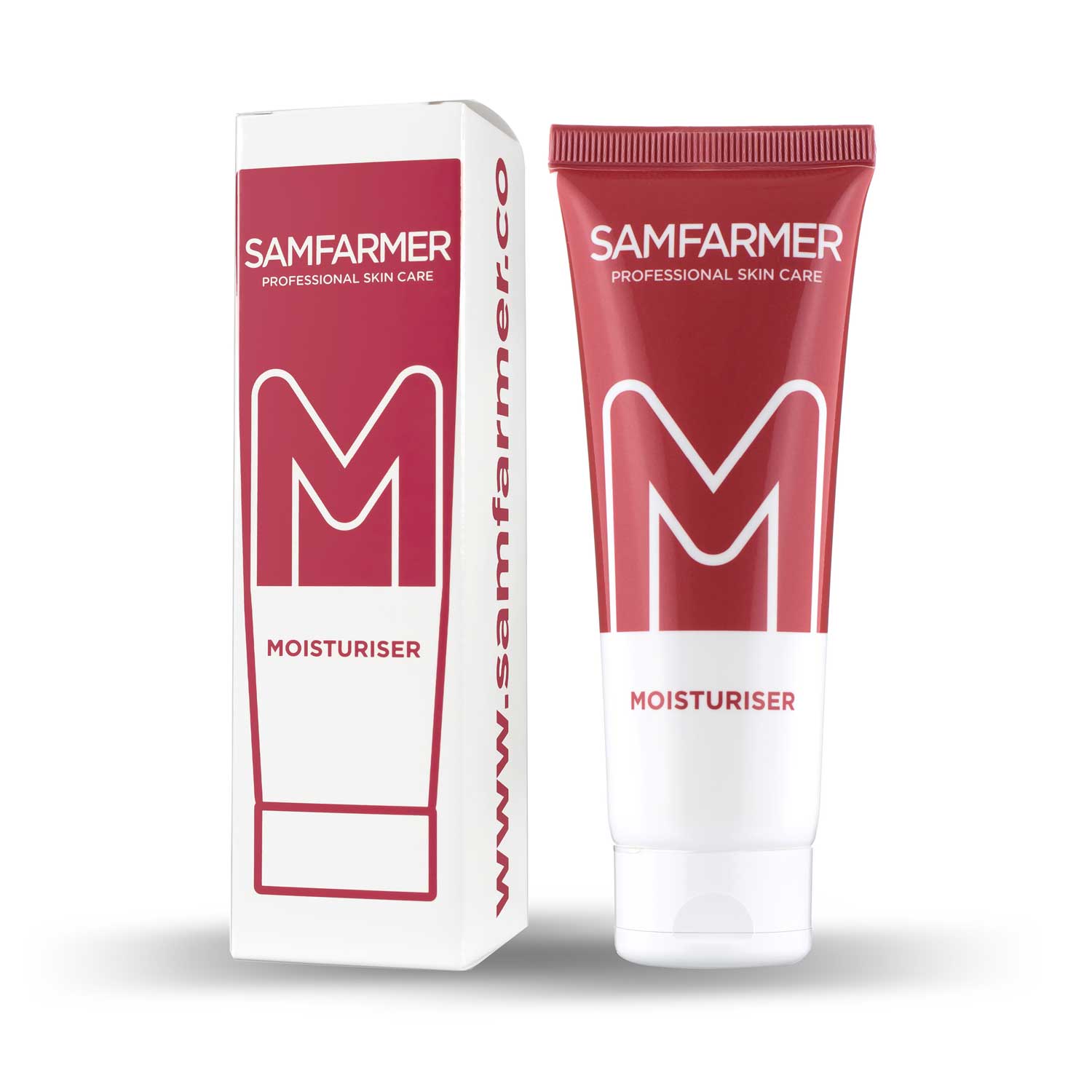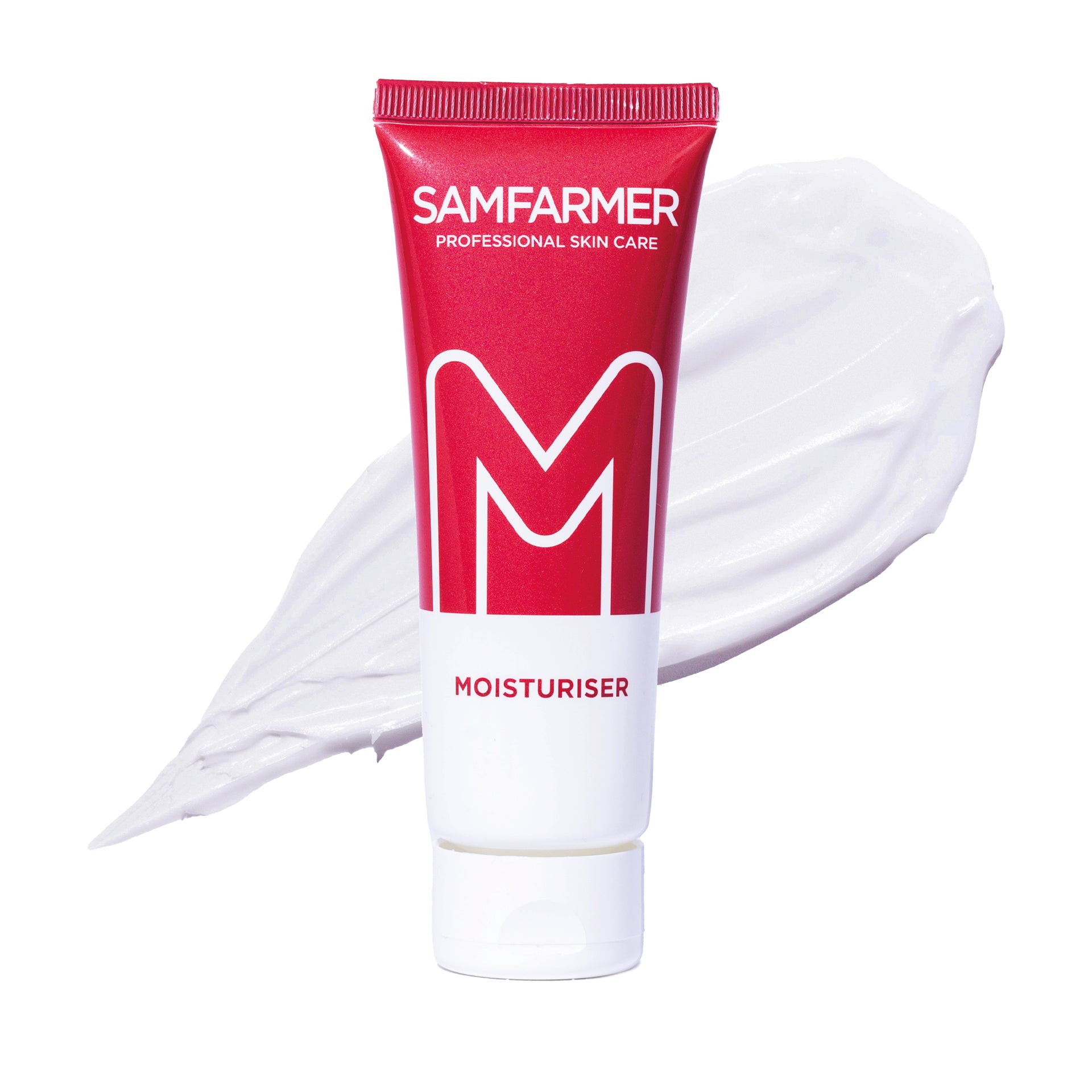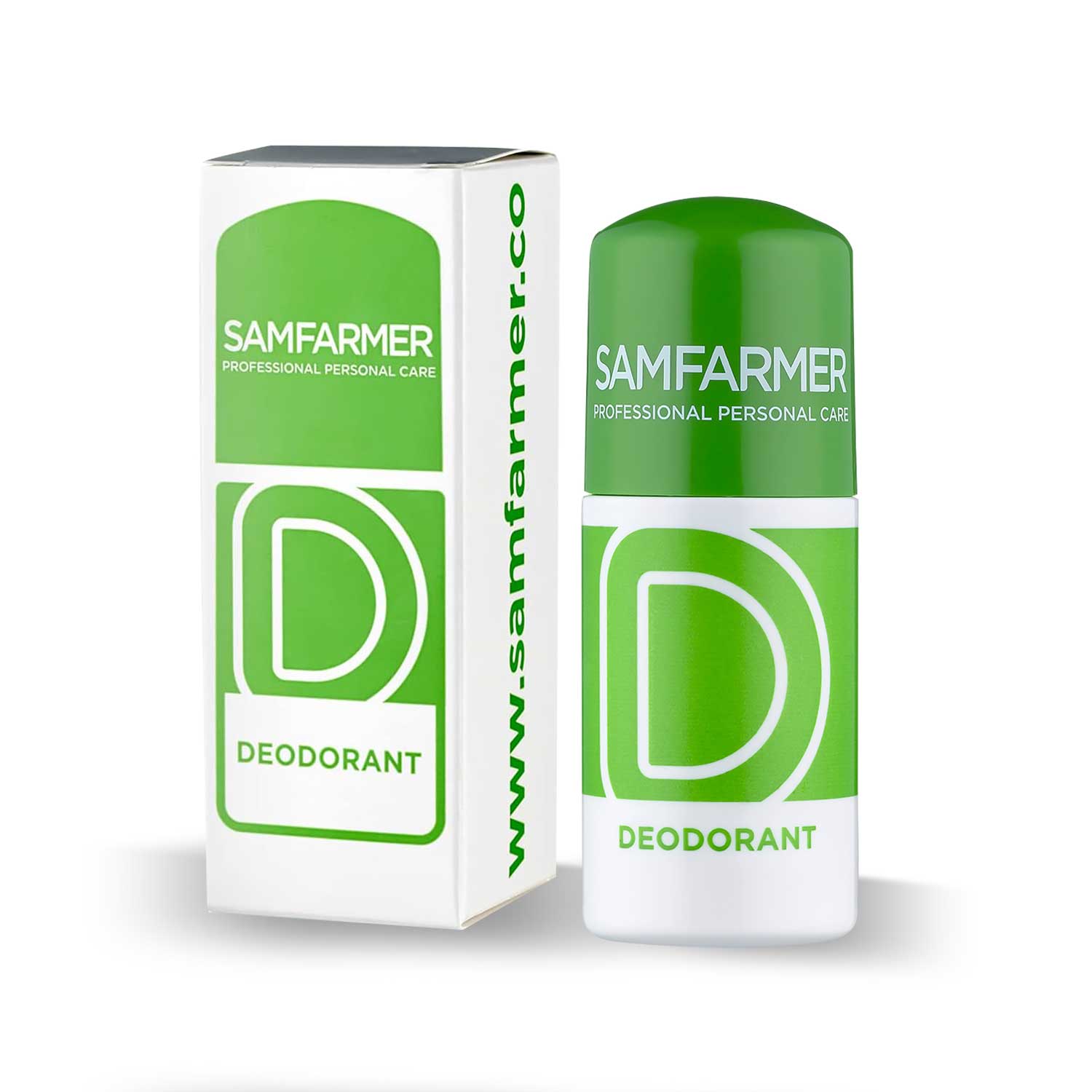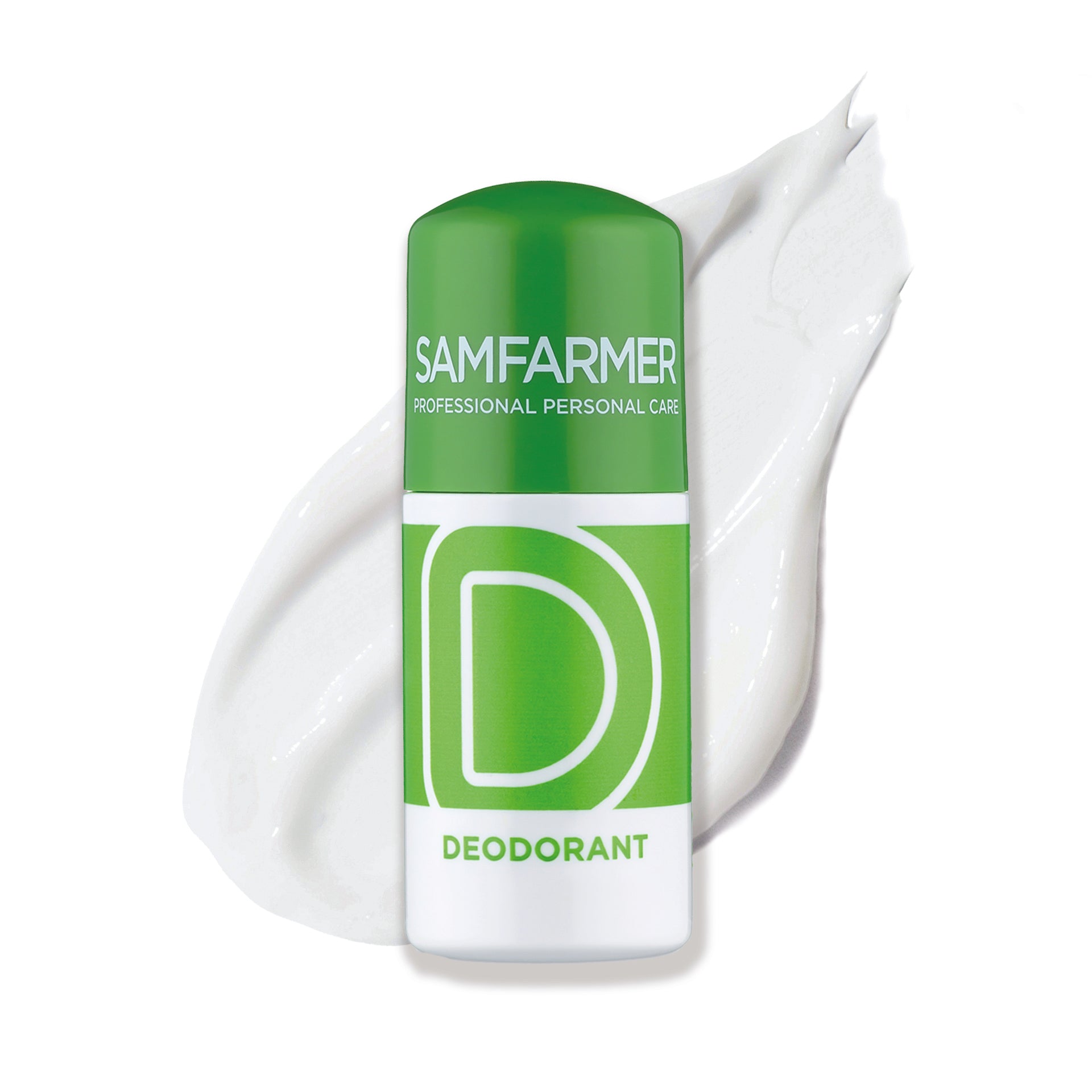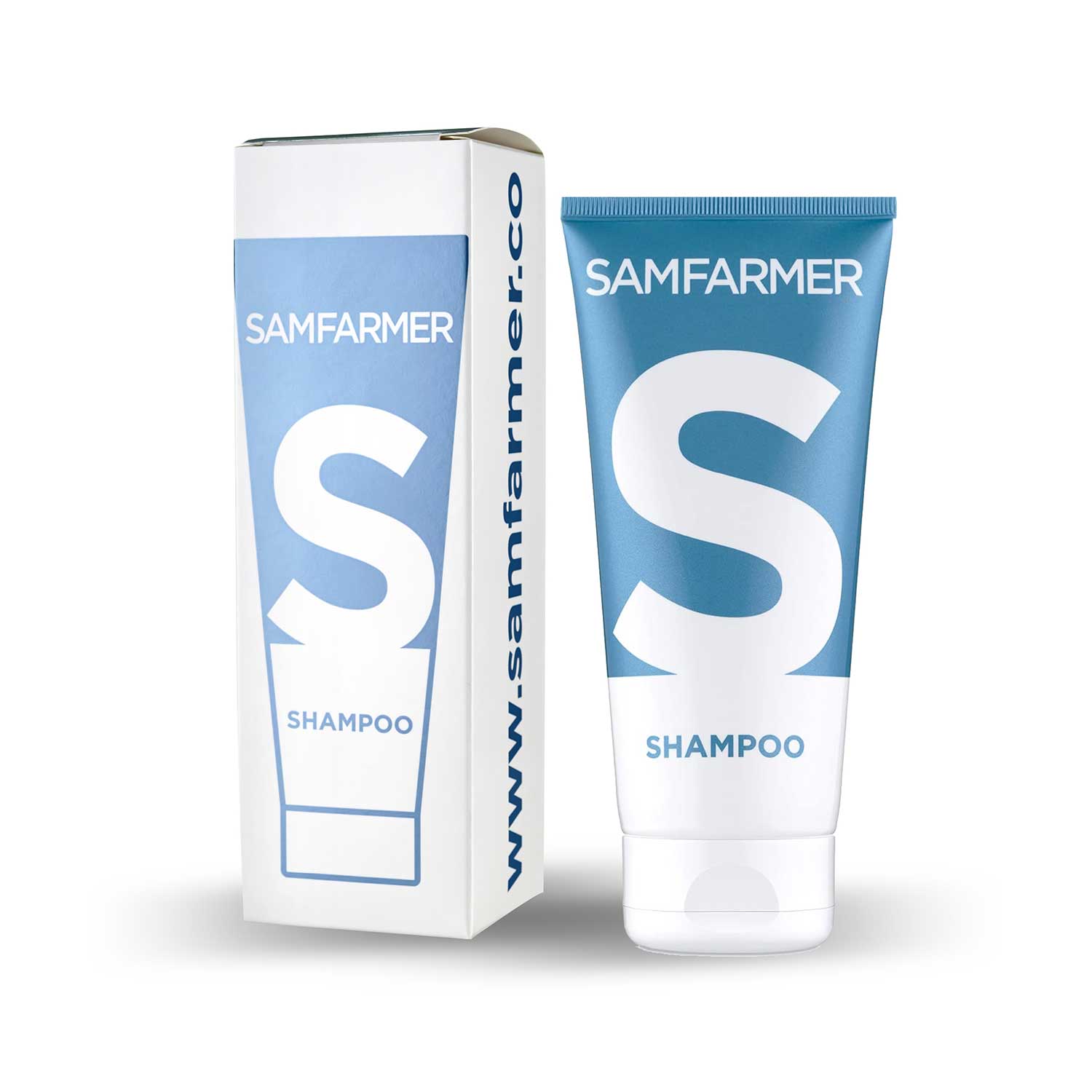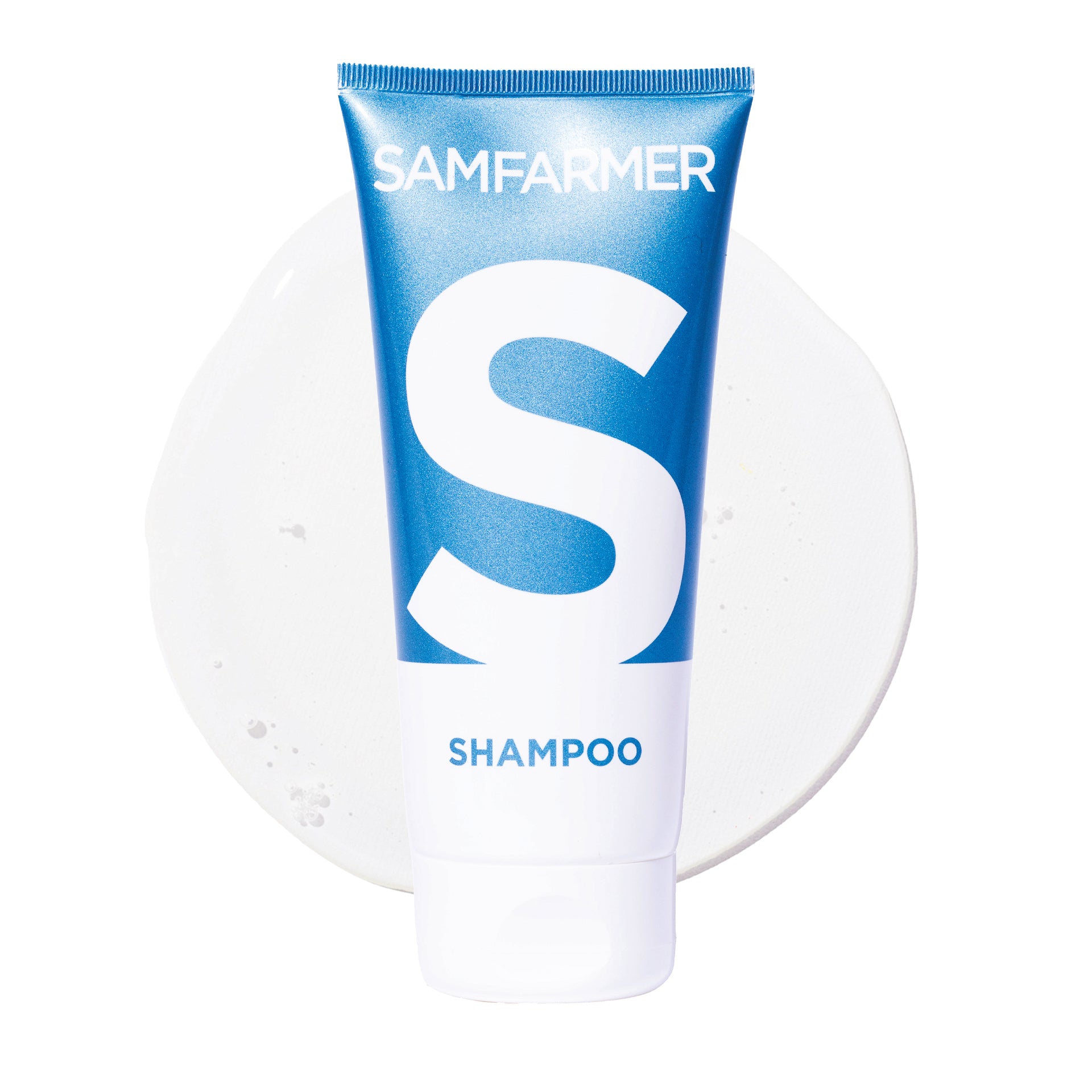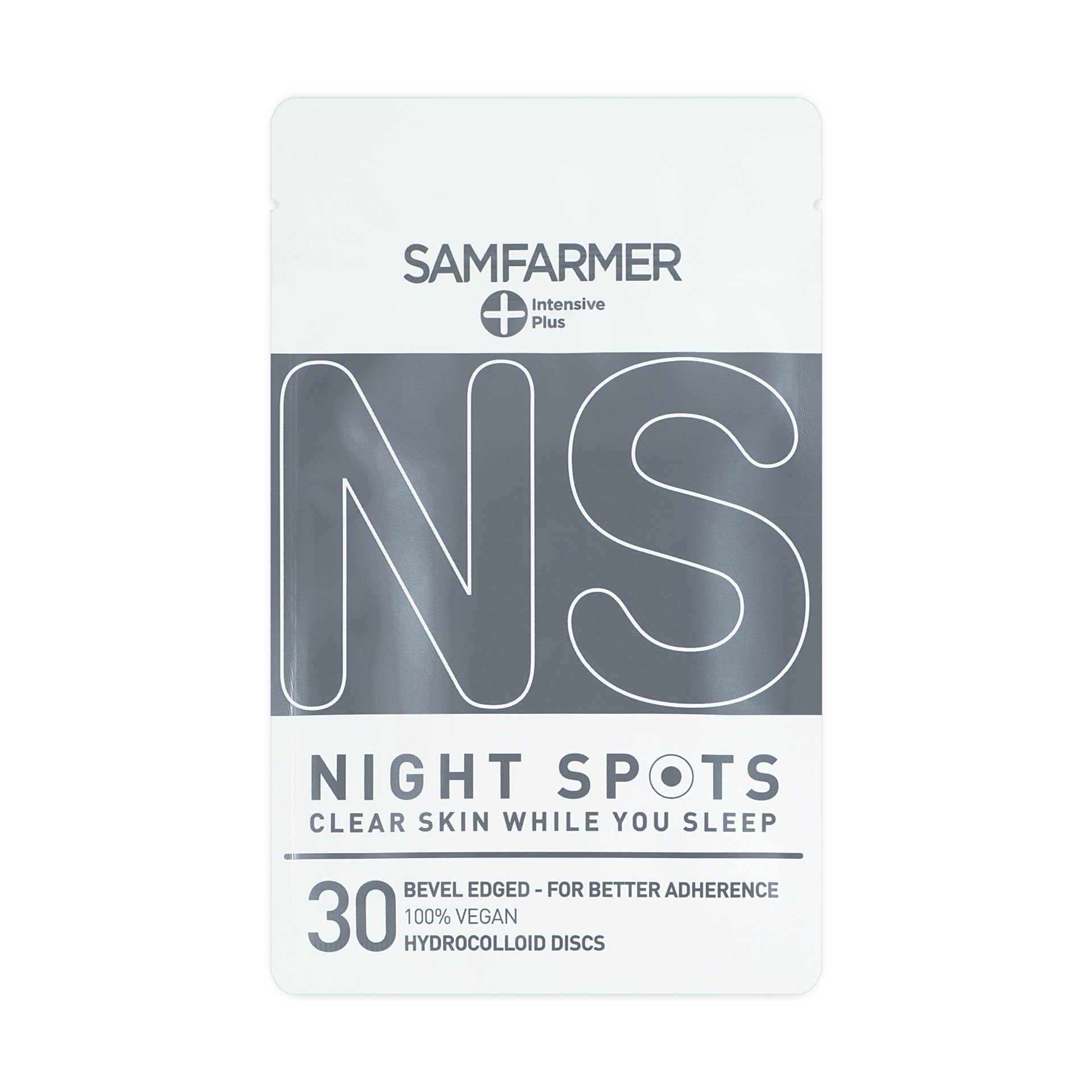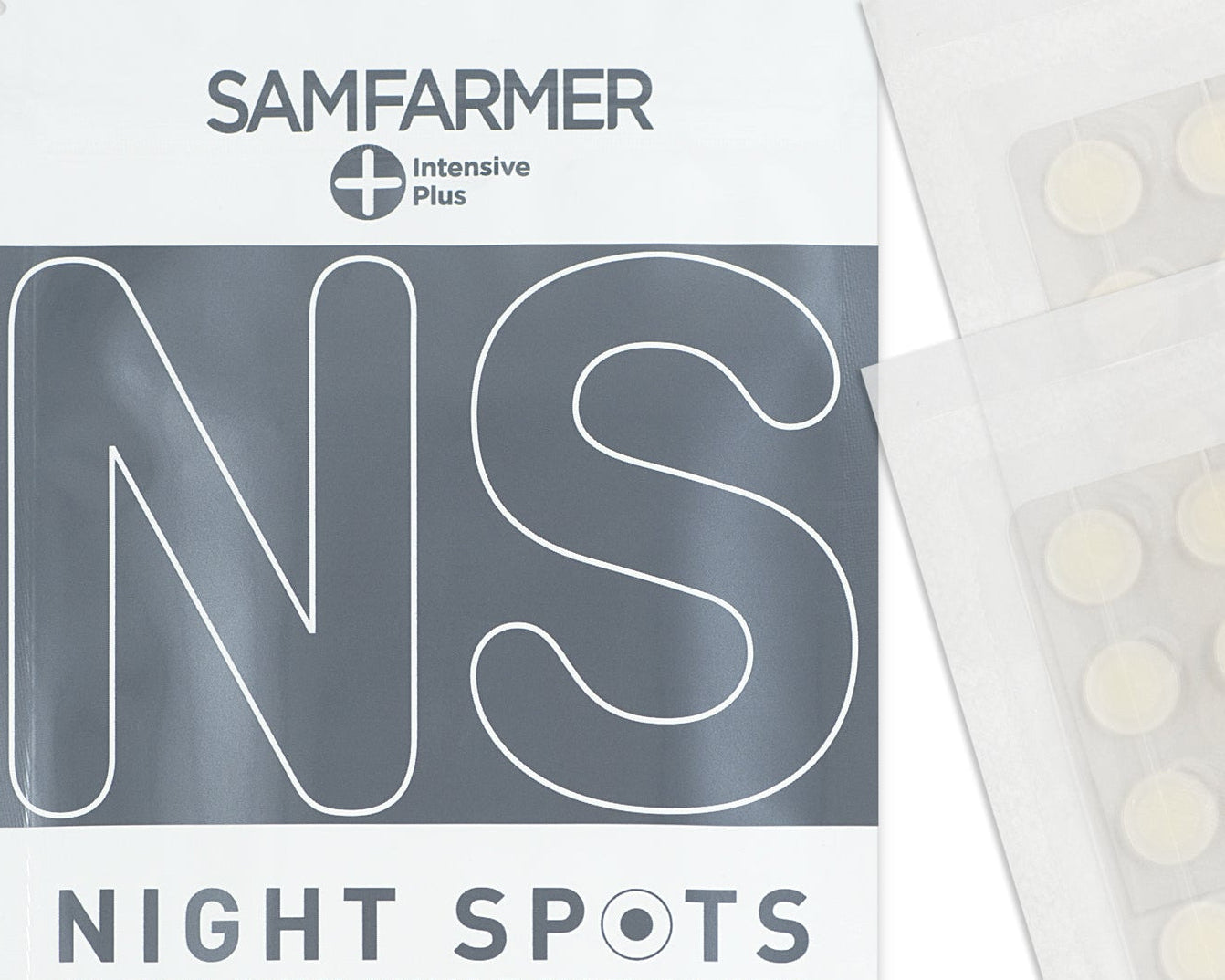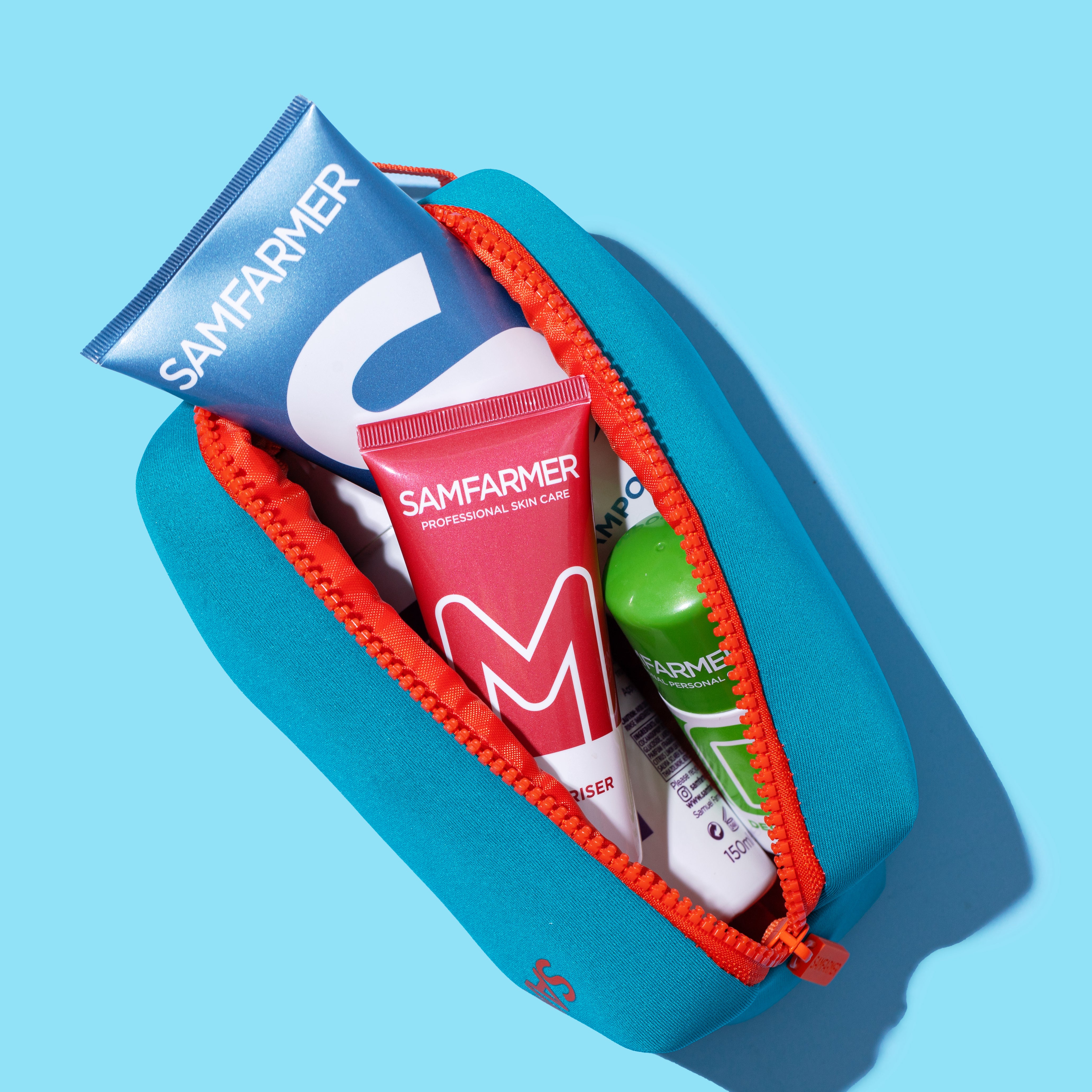
Skin redness and rosacea are quite common amongst teenagers. They can impact self-esteem and effect day to day living. Here we offer practical advice to help navigate these issues.
Understanding Skin Redness and Rosacea
Skin redness in teenagers can be caused by many things, including hormonal changes, environmental triggers and lifestyle habits. Rosacea, on the other hand, is a skin condition characterised by redness, pimples, swelling and dilated blood vessels, often concentrated on the face.
The majority of people with Rosacea have fair skin and the condition is three times more common in women than men. The exact cause of rosacea is still largely unknown.
Tips for Managing Teen Skin Redness
Gentle Skincare
Opt for gentle skincare products appropriate for your age and skin type. Avoid scrubs as they can aggravate skin redness and rosacea.
Sun Protection
UV exposure can both exacerbate redness and trigger rosacea flare-ups. Use a broad-spectrum sunscreen with an SPF of 30 or higher, even on cloudy days.
Avoid Triggers
Common triggers include extreme temperatures, hot showers, alcohol, exercise, spicy meals, citrus fruits, tomatoes, caffeine and emotional stress.
Keeping a diary to identify personal triggers can be helpful in managing symptoms.
Moisturise Regularly
A good moisturiser can help strengthen the skin's barrier, reducing redness and sensitivity. Choose formulations designed for sensitive skin and make sure products do not contain anything you have identified as sensitive to your skin.
Managing Rosacea in Teenagers
Medical Consultation
Early identification is important. If rosacea is suspected, consult a dermatologist for a bespoke treatment plan. This may include topical or oral medications to reduce inflammation and redness.
Laser Therapy
For persistent redness or visible blood vessels, laser therapy can be an effective treatment option. This should be discussed with a dermatologist as it's important to tailor treatment to the individual’s specific condition and skin type
Lifestyle Modifications
Similar to managing general skin redness, lifestyle changes can significantly impact rosacea management. This includes minimising exposure to known triggers and adopting a simple and gentle skincare routine.
Emotional Support and Education
Understanding that rosacea can be managed will alleviate some of the psychological stress associated with it. Support groups and educational resources can provide additional support and information. I have included some useful resources at the end of this article.
Realistic Expectations
Remember
For more advice and expert help with Redness and Rosacea - follow these brilliant people on Instagram


